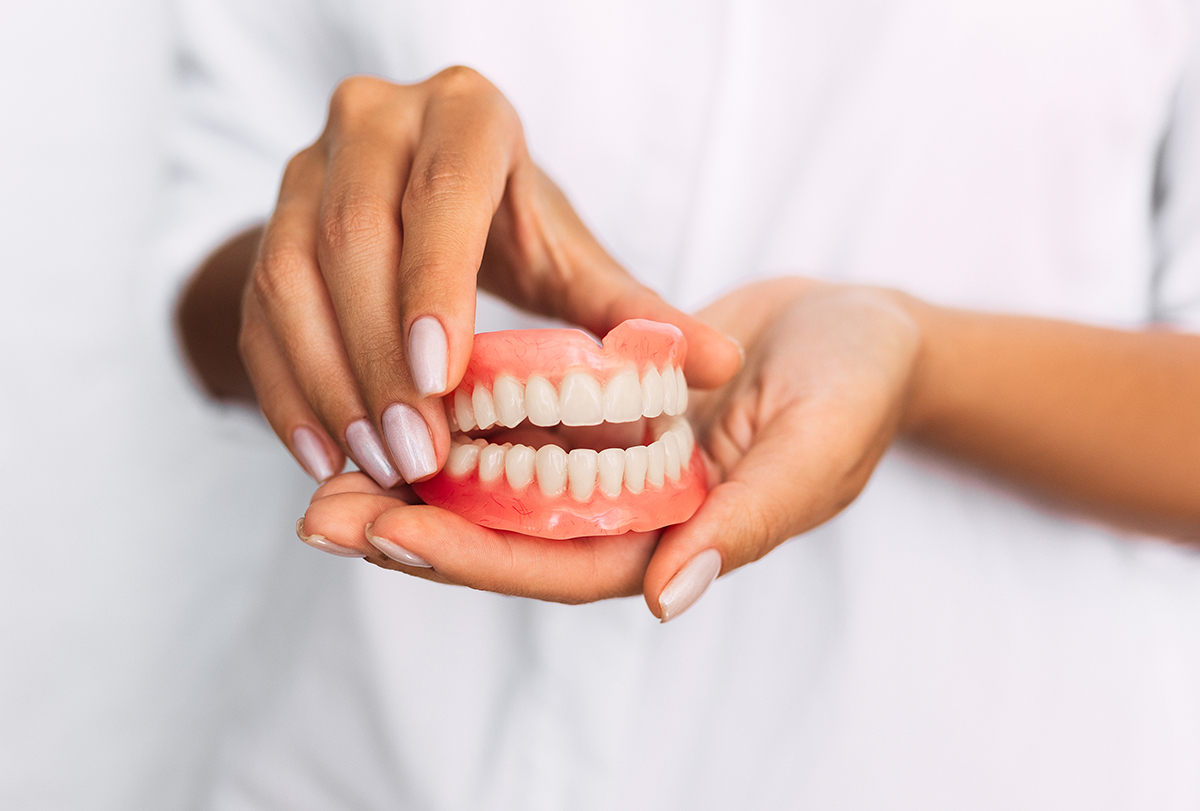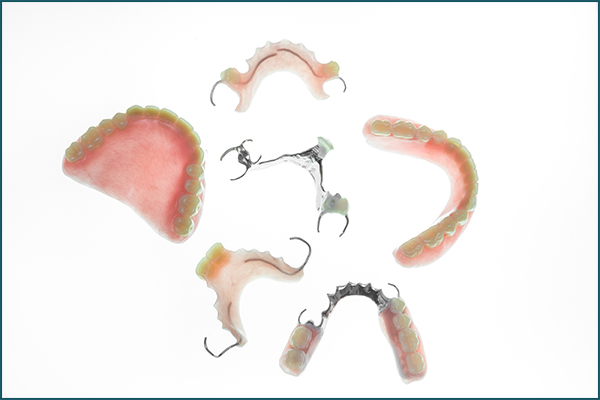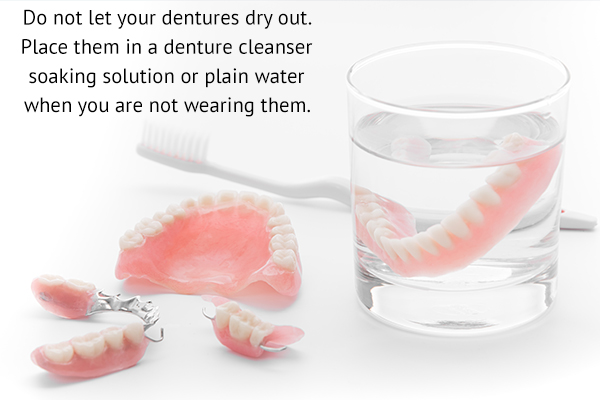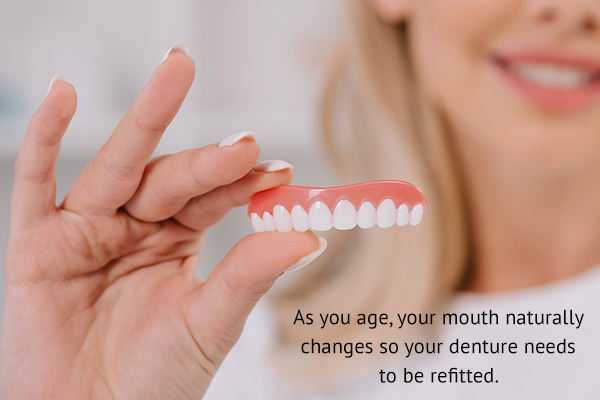In this article:
So you’re scared of the dentist? You’re not alone. Studies show that many people have some form of dental anxiety, (1) which gets in the way of people receiving the dental care they need. (2)

In fact, the people most scared of the dentist are those with poor dental health who fear losing their teeth and thus avoid seeking help. The good news is that several teeth replacement options are now available like never before due to the advancement in technology.
How Common Is Tooth Loss?
According to the Centers for Disease Control and Prevention (CDC), nearly 19% of adults aged 65 and over suffer from complete tooth loss. Among adults aged 65 and over, complete tooth loss was lower for older Hispanic (15%) and non-Hispanic white adults (17%) compared with older non-Hispanic black adults (29%). (3)
With the advancement of medicine, people today are living longer than ever before. As people live longer, they are more likely to be edentulous (have missing teeth).
With missing teeth, people are unable to eat properly and can suffer nutritional changes that can affect their overall health. This is where dentures come into play.
Common Reasons for Tooth Loss
Teeth get extracted either because they are badly decayed beyond hope or because the person has advanced gum disease, which is termed “periodontal disease.”
Periodontal disease destroys the supporting structures of your teeth that allow them to be anchored to your jaw bone. With less bone, your teeth are likely to get loose and develop an infection, at which point they require extraction.
What Causes Periodontal Disease?
Many individuals have a genetic predisposition to having periodontal disease. More commonly though, periodontal disease occurs when plaque on your teeth triggers inflammation, which breaks down your bone. (4)
Thus, one way to prevent periodontal disease is to keep your teeth clean and to visit your dentist for routine checkups and cleaning.
How Are Dentures Made?
Everyone has their own specific dental structure and dental problems, which is why there is no one-size-fits-all when it comes to dentures.
Generally, the process of getting dentures involves these steps:
- The dentist will examine your oral cavity, teeth set, and jawbone structure to understand the extent of repair work required. The doctor will determine which teeth can still be saved and which ones are beyond repair and must be extracted.
- Your medical history will also be taken into account when deciding the best choice of dentures for you.
- The dentist will take impressions of your dental set to achieve the best shape and size. This requires you to bite on a malleable material, which leaves a dental imprint, and the dentures are designed according to this blueprint.
- Sometimes, the dentist may order X-rays to get a better picture of your dental framework.
Thus, dentures are made-to-order to address the needs of each individual. The basic frame of dentures is made from a plastic resin that is extremely light and pliant. This framework can bend to fit the shape of the mouth and is usually embedded with certain metallic parts to secure it in place.
The teeth attached to this base are sturdier by comparison as they are made from multiple layers of plastic or an even more durable composite.
Different Types of Dentures

The types of dentures are:
1. Complete dentures
A complete denture is a custom-made removable appliance that replaces all of your upper or lower teeth. A pink-colored acrylic base fits over your gums along with plastic teeth.
For an upper denture, the base of the denture covers the roof of your mouth (palate). A lower denture, in contrast, is shaped like a horseshoe to make space for your tongue.
Sometimes, dentures do not snug to your gums as dentists would like them to. In these instances, your dentist can do a denture reline, in which acrylic is relined into the base of the denture to allow for a tighter fit.
Many patients also choose to add a denture adhesive to their dentures, which provides an airtight seal to keep the denture in place. However, if the adhesive fails to stabilize the dentures, especially while biting into hard foods such as steak and nuts, the doctor may recommend implant dentures.
2. Immediate dentures
Immediate dentures are complete dentures that are made before all your teeth are removed from your mouth. The purpose of an immediate denture is to help you transition from your old teeth to your ultimate complete and final denture.
The appliance is given on the same day as all your teeth are extracted. This way, you go home with teeth in your mouth. Records are taken while your teeth are still in place to make an immediate denture.
But your gums tend to shrink as they heal from extractions, so the immediate denture will no longer fit the same way as it did in the beginning. At this point, custom molds need to be taken (around 8 weeks after extractions) so that a conventional denture is fabricated.
3. Partial dentures
Partial dentures have a metal framework that rests on your natural teeth. Natural teeth are used to anchor the false teeth.
The benefit of partials is that they are typically very stable and comfortable for patients since they use your existing teeth for stability. Like complete dentures, they come on and off.
4. Implant dentures
Implant dentures are the highest-tier denture. They are similar to complete dentures, but they have attachments that snap onto titanium implants that are surgically positioned in your jaw at the place of a missing tooth root.
A replacement tooth is then mounted on this metallic support base, which fuses with your natural jaw bone over the next few months. These dentures do not require an adhesive since they are held in place by metallic implants. The lower jaw typically requires two implants, whereas the upper jaw requires anywhere from four to six implants.
Implant dentures are typically the most popular amongst patients due to comfort, but they are also the most costly.
Patients with inadequate bone volume and/or uncontrolled diabetes are typically not good candidates for implants. It is best to have a thorough workup with your dentist to determine if implants are suitable for you.
Note: These denture options are only for people who need multiple teeth replaced (not just a single tooth).
Choosing the Most Suitable Denture
Different problems call for different kinds of dentures:
- If you have tried complete dentures and they are too unstable, consider implant dentures.
- If cost is an issue, complete dentures are the way to go. You can always transition into implant dentures later.
- If you are missing some teeth, but not all, partial dentures are suitable for you.
Cost of Dentures
Different dentures come with different price tags:
- Both complete and immediate dentures cost anywhere from $1,500 to $3,000 each.
- Implant denture can cost anywhere from $5,000 to $20,000, depending on how many implants you need.
Tips to Take Care of Your Dentures

Follow these guidelines to maintain the functionality and durability of your dentures:
- Brush your dentures daily with a soft toothbrush and regular soap. Do not use toothpaste as this can wear down dentures.
- Take off your dentures at night. Place them in a denture-soaking solution or water. Never use hot water, which can cause them to warp.
- Do not let your dentures dry out. Place them in a denture cleanser soaking solution or plain water when you are not wearing them.
- Brush your tongue, gums, and palate with a soft toothbrush every morning before placing your dentures.
- Never place your dentures in a napkin. Many patients mistakenly throw their dentures out this way.
- If your dentures hurt, break, or feel loose, see your dentist.
- Implant dentures typically have rubber attachments that attach the denture to the implant. These attachments need to be changed yearly or as they wear.
Getting Used to Dentures
Wearing dentures can be extremely awkward at first, but you gradually get used to it. It is natural to feel a bit uneasy when you have foreign equipment constantly affixed into your mouth.
The adjustment period can take 4–8 weeks, before which you are likely to experience the following problems:
1. Concerns about how you look
Newly installed dentures can feel a bit heavy and protruding in the beginning. It may feel like they are thrusting your lip out and make you self-conscious. But give it time, and you’ll get so accustomed to the dentures that you’ll forget they are even there.
2. Denture displacement
Laughing, smiling, or coughing can make your dentures slide from time to time. You can easily put them back in place by gently biting down and swallowing. However, if this becomes a regular occurrence such that your dentures become dislocated at the slightest activity, you may need to get them re-fitted by a dentist.
3. Gum load
Your gums can become tired from carrying an extra body throughout the day. Thus, it is recommended to take off your dentures at night before turning in for bed, which will allow your gums time to relax and recover.
However, some people are forced to wear dentures 24/7 on account of certain personal circumstances.
4. Excessive salivation
Wearing dentures can make you salivate a lot more than you are used to, especially if you are new to them.
When an external object is placed in the mouth, your body responds by activating the salivary glands to fight off the perceived foreign threat. This reaction, however, subsides in a few days as your body gets familiarized with the orthodontic device.
In the meantime, frequently sipping and swallowing water can help reduce the excess salivation.
5. Difficulty eating
In the beginning, it can be a little difficult to bite or chew solid foods properly without dislocating your dentures. So, consume a soft diet that includes foods that are easy to bite and chew for the first few days.
Gently and slowly chew small bites gently while employing both sides of your mouth simultaneously to keep the dentures in place. Once you perfect the proper mastication technique with regular practice, you may gradually add other foods to your diet and eventually get back to your normal eating habits.
6. Difficulty speaking
Wearing dentures can also affect your speech to a certain degree, especially when it comes to pronouncing difficult words.
As with eating difficulties, practice is the only way to overcome this impediment as well. You can learn to speak fluently with dentures by reciting text and rehearsing difficult words regularly.
Durability of Dentures

Typically, dentures last for 5–20 years, depending on how you care for them, after which you have to replace them with new ones. As you age, your mouth naturally changes, so your denture needs to be refitted.
Continued use can loosen or damage your dentures over time. So, it is important that you get them checked every year for any structural or functional defects.
Poorly fitted or loose dentures must be relined or replaced as soon as possible because they can rub against your gums and underlying jaw bone, often causing mouth sores or even bone loss.
What Are Denture Adhesives?
The saliva that is naturally present in your mouth is good enough to make your dentures stick to their place, but some people, such as those with a dry mouth, are forced to use additional adhesives for this purpose.
Advantages
Denture adhesives, also known as adherents or fixatives, can make you more comfortable with your denture by holding it securely in place and reducing the buildup of food debris beneath it. They also improve the functionality of the denture itself.
Types
Denture adhesives are available as creams, powders, wafers, or strips, and you can choose whichever suits you best. You must, however consult your dentist before making any such decision to avoid any side effects or complications.
Shortcomings
Adhesives only work with well-fitted dentures. Their fastening effect wears out quickly with poorly fitted or loose ones.
Side effects
Dental adherent creams that contain zinc can be toxic when ingested in significant amounts.
The excessive or prolonged application of such creams can transfer heavy amounts of zinc into your system and induce zinc poisoning.
Final Word
Missing teeth can negatively affect eating, speaking, and the aesthetics of your smile. They also can cause loss of jawbone mass and alterations in facial appearance.
Dentures restore the look and function of your smile and are custom made just for you. Your dentist will help you choose the best denture that works for your lifestyle.
- Was this article helpful?
- YES, THANKS!NOT REALLY


